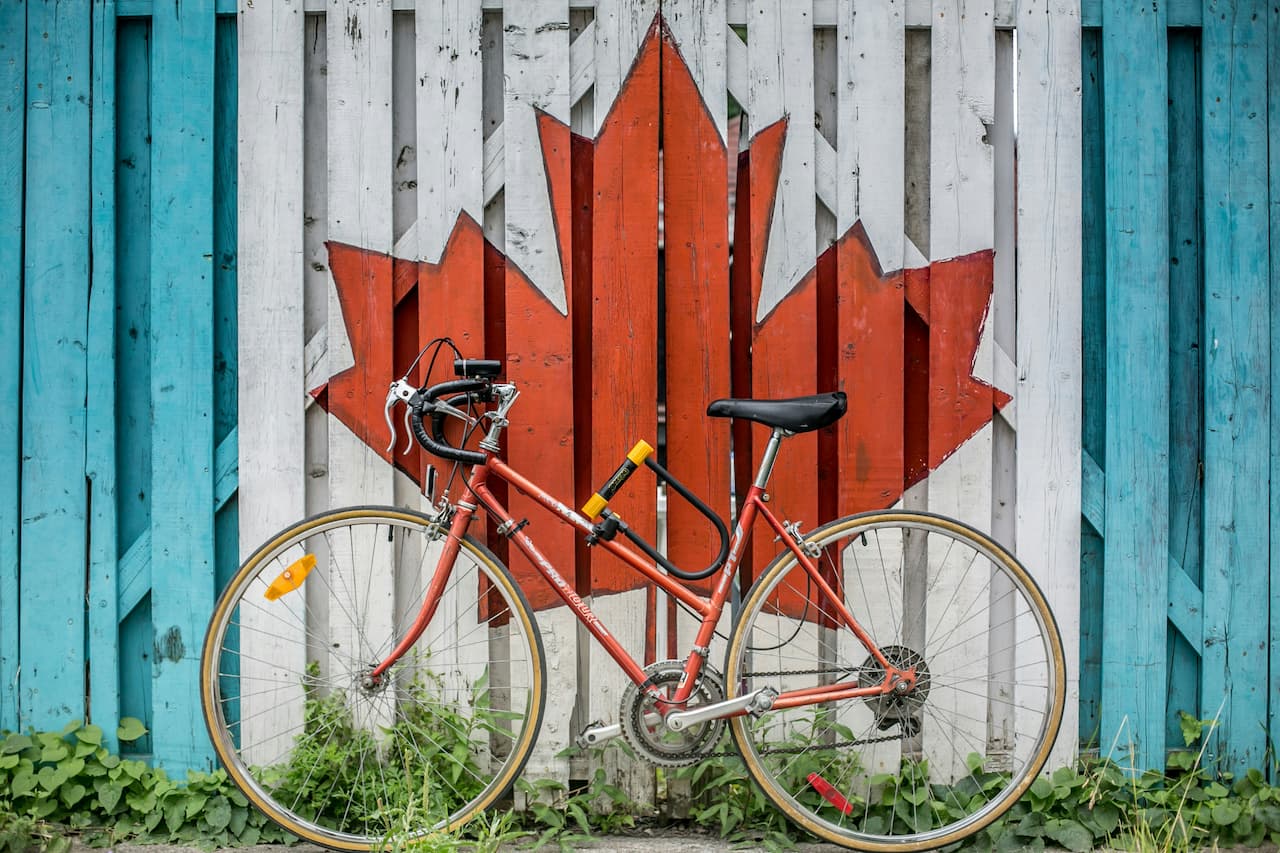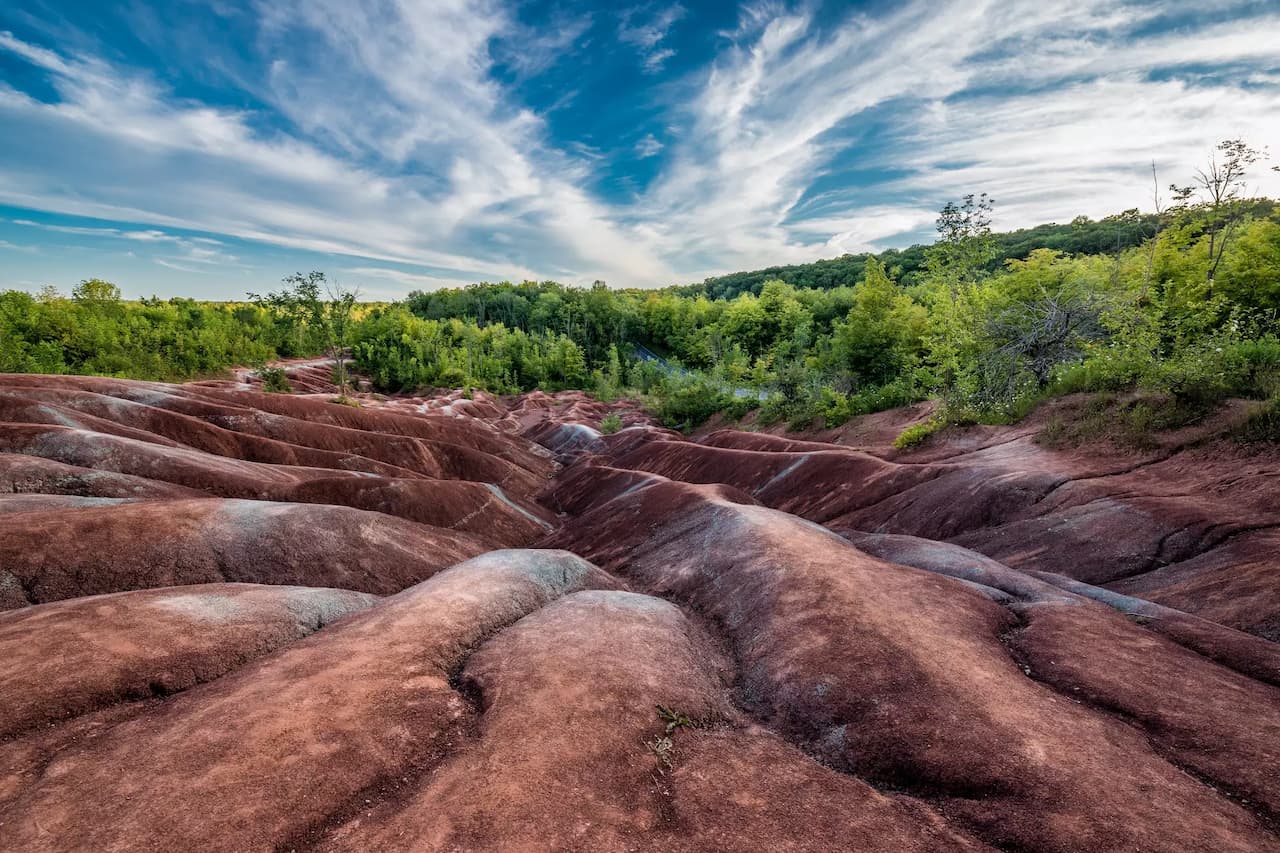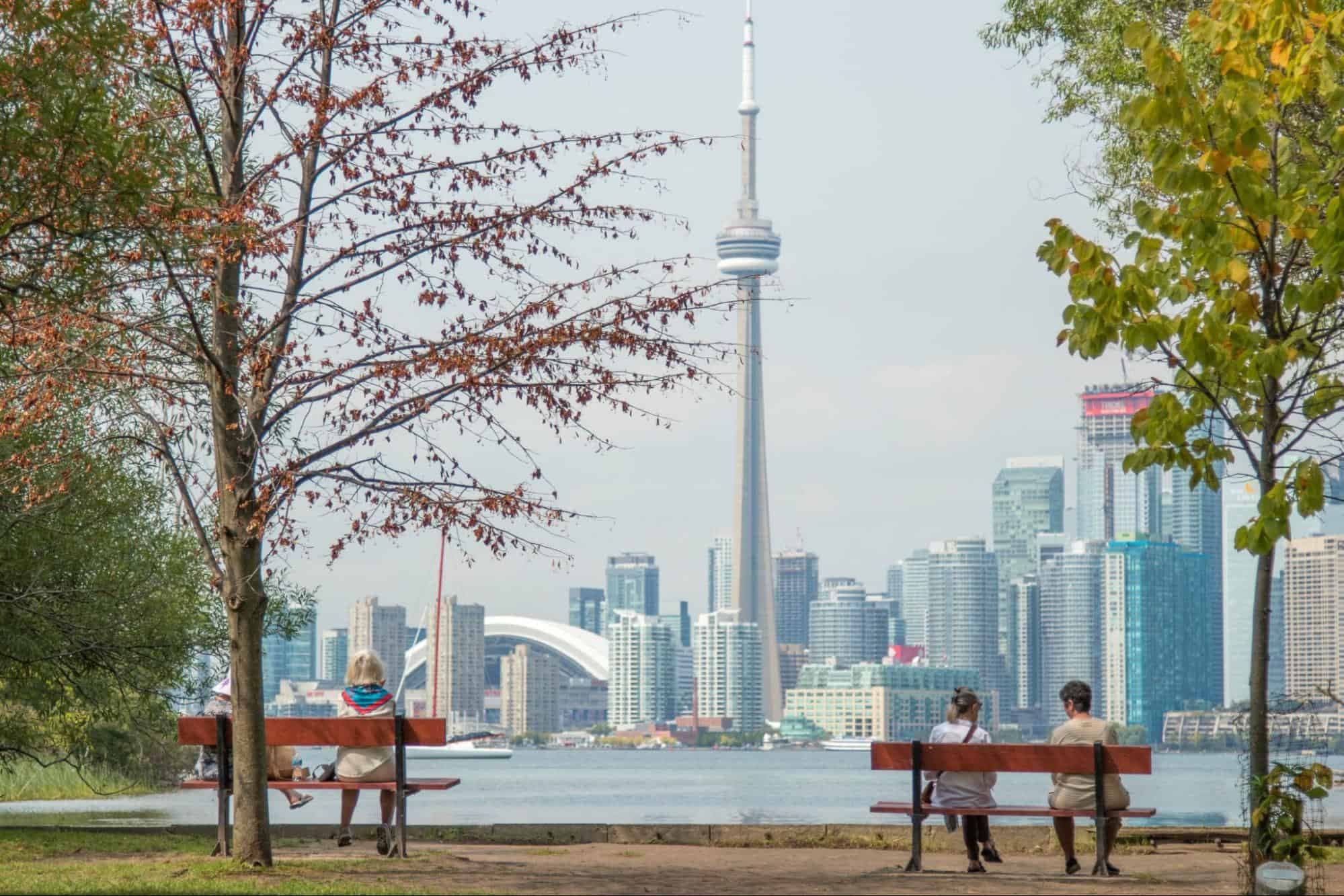Discovering Canada: A Journey Through Its Rich Tapestry of Culture and Nature
Canada, the second-largest country in the world by land area, is a land of stunning natural beauty and vibrant cultural diversity. From its breathtaking landscapes to its multicultural cities, Canada offers a unique blend of experiences that reflect both its rich history and modern advancements. This article explores some of the key aspects of Canadian culture and nature that make it a truly remarkable destination.
The Majesty of Canada’s Natural Landscapes
Canada’s vast and varied landscapes are a testament to its natural beauty. The country is renowned for its dramatic scenery, which includes everything from towering mountains and sprawling forests to serene lakes and rugged coastlines.
1. The Rocky Mountains
The Canadian Rockies, stretching across Alberta and British Columbia, are among the most iconic mountain ranges in the world. Known for their stunning peaks and pristine alpine lakes, the Rockies offer a wealth of outdoor activities, including hiking, skiing, and wildlife viewing. Banff and Jasper National Parks, located within this range, are popular destinations for nature enthusiasts.
2. The Northern Lights
Northern Canada provides some of the best views of the Aurora Borealis, or Northern Lights. The ethereal light displays can be seen in regions such as Yukon, Northwest Territories, and northern Alberta. This natural phenomenon, with its vibrant colors dancing across the night sky, is a must-see for visitors and a symbol of Canada’s northern charm.
3. The Great Lakes
The Great Lakes, shared by Canada and the United States, are the largest group of freshwater lakes in the world by total area. Lake Superior, Lake Michigan, Lake Huron, Lake Erie, and Lake Ontario offer opportunities for boating, fishing, and exploring scenic waterfronts. The lakes also play a vital role in the region’s ecosystem and economy.
A Tapestry of Cultures
Canada’s multicultural identity is a defining feature of its national character. The country’s history of immigration has led to a rich mosaic of cultures, languages, and traditions.
1. Urban Diversity
Canadian cities like Toronto, Vancouver, and Montreal are known for their multicultural populations and vibrant cultural scenes. These cities celebrate a range of festivals, cuisine, and arts from around the world, reflecting the diverse backgrounds of their residents. Toronto, for instance, is often hailed as one of the most multicultural cities globally, with a significant proportion of its population born outside Canada.
2. Indigenous Heritage
Indigenous peoples, including First Nations, Métis, and Inuit, have a profound influence on Canadian culture. Their traditions, languages, and art are celebrated and integrated into the broader cultural fabric of the country. Initiatives to recognize and honor Indigenous heritage are ongoing, including educational programs, cultural events, and efforts to preserve traditional practices.
3. Cultural Festivals
Canada hosts a wide array of cultural festivals that highlight its diversity. The Montreal International Jazz Festival, Calgary Stampede, and Toronto International Film Festival are just a few examples of events that showcase the country’s artistic and cultural vibrancy. These festivals attract visitors from around the world and contribute to Canada’s reputation as a cultural hub.
Modern Innovations and Challenges
As Canada continues to grow and evolve, it faces both opportunities and challenges. The country is known for its innovation in various fields, including technology, education, and environmental sustainability.
1. Technological Advancements
Canada is at the forefront of technological innovation, with significant developments in fields such as artificial intelligence, clean energy, and digital media. Canadian cities are becoming tech hubs, attracting talent and investment from around the globe.
2. Environmental Stewardship
Canada places a strong emphasis on environmental conservation and sustainability. The country is committed to addressing climate change and protecting its natural resources through various policies and initiatives. Efforts to reduce carbon emissions, promote renewable energy, and preserve natural habitats are integral to Canada’s environmental strategy.
3. Social Progress
Canada is also known for its progressive social policies, including healthcare, education, and human rights. The country continues to work towards inclusivity and equality, striving to address social issues and support its diverse population.
Conclusion
Canada’s blend of natural beauty, cultural diversity, and modern innovation makes it a unique and captivating country. From the majestic landscapes of the Rockies to the vibrant cultural tapestry of its cities, Canada offers an array of experiences that reflect both its rich heritage and contemporary advancements. As the country continues to embrace change and growth, it remains a remarkable destination for exploration and discovery.









